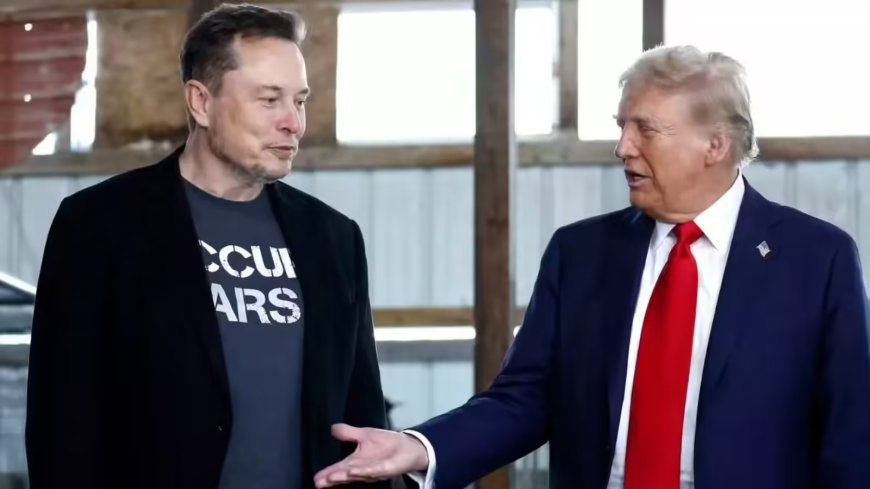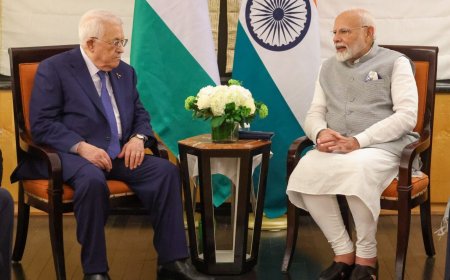Washington D.C., July 1: What once appeared to be a promising partnership between two of the most powerful figures in the United States — Elon Musk and Donald Trump — has now spiraled into a public and heated disagreement. Once aligned on innovation, infrastructure, and a shared disdain for bureaucracy, the Tesla CEO and the former U.S. President are now deeply divided across several key policy areas that include electric vehicle subsidies, trade with China, and the broader direction of America's economic future.
At the core of the conflict is the Trump administration’s aggressive move to eliminate what it deems “unfair subsidies” for electric vehicles. A new draft budget, expected to be part of Trump’s proposed “one big, beautiful bill,” includes the elimination of the $7,500 tax credit for EV buyers, as well as subsidies for used electric vehicles and home charging infrastructure. The proposal also directs federal agencies to review what Trump calls “market distortions” that favor electric over traditional petrol or diesel vehicles.
Musk, whose company Tesla revolutionized the global EV industry, has strongly criticized the move. Although Tesla no longer benefits directly from the subsidy — as its eligibility had already expired — Musk argues that rolling back incentives will hurt innovation and slow the U.S. transition to cleaner technologies. He has warned that the decision could discourage consumers from adopting EVs at a crucial time in the climate fight.
Tensions escalated after Musk publicly condemned the budget bill, calling it a “disgusting abomination” and encouraging Americans to oppose it. Trump retaliated swiftly, claiming he had removed Musk from all federal policymaking roles related to electric vehicles. In a statement on his social media platform, Truth Social, Trump said, “Elon was wearing thin. I asked him to leave,” and hinted that cutting off Tesla’s government contracts could save the country billions.
Adding fuel to the fire is Musk’s growing business engagement with China — a country Trump continues to frame as a major adversary. Tesla's Gigafactory in Shanghai is central to the company’s global operations and has benefited from strong relations with Chinese officials. Musk has publicly praised China’s commitment to innovation, a stance that clashes sharply with Trump’s increasingly hardline rhetoric. The former president has recently announced a 20% tariff on European imports and has hinted at new trade restrictions, reinforcing his “America First” agenda.
But perhaps the deepest division between Musk and Trump lies in their contrasting worldviews. Musk has long promoted a vision of global cooperation, open markets, and technological integration across borders. In contrast, Trump’s political platform remains rooted in nationalism, industrial self-reliance, and skepticism toward global institutions. Musk envisions a future where ideas, talent, and technology move freely across countries. Trump, however, sees this openness as a threat to American sovereignty and economic dominance.
Their falling-out comes at a pivotal time, as Trump positions himself for a return to the White House in 2024, and Musk continues to wield immense cultural and political influence through his ventures, including social media platform X (formerly Twitter). What began as a strategic alliance between innovation and political power has now turned into a fierce rivalry — one that could shape the future of U.S. policy on climate, trade, and technology for years to come.
With both men determined to shape the American narrative, their public clash is more than a disagreement — it’s a battle for the soul of the country’s economic and technological future.




 Previous
Article
Previous
Article











